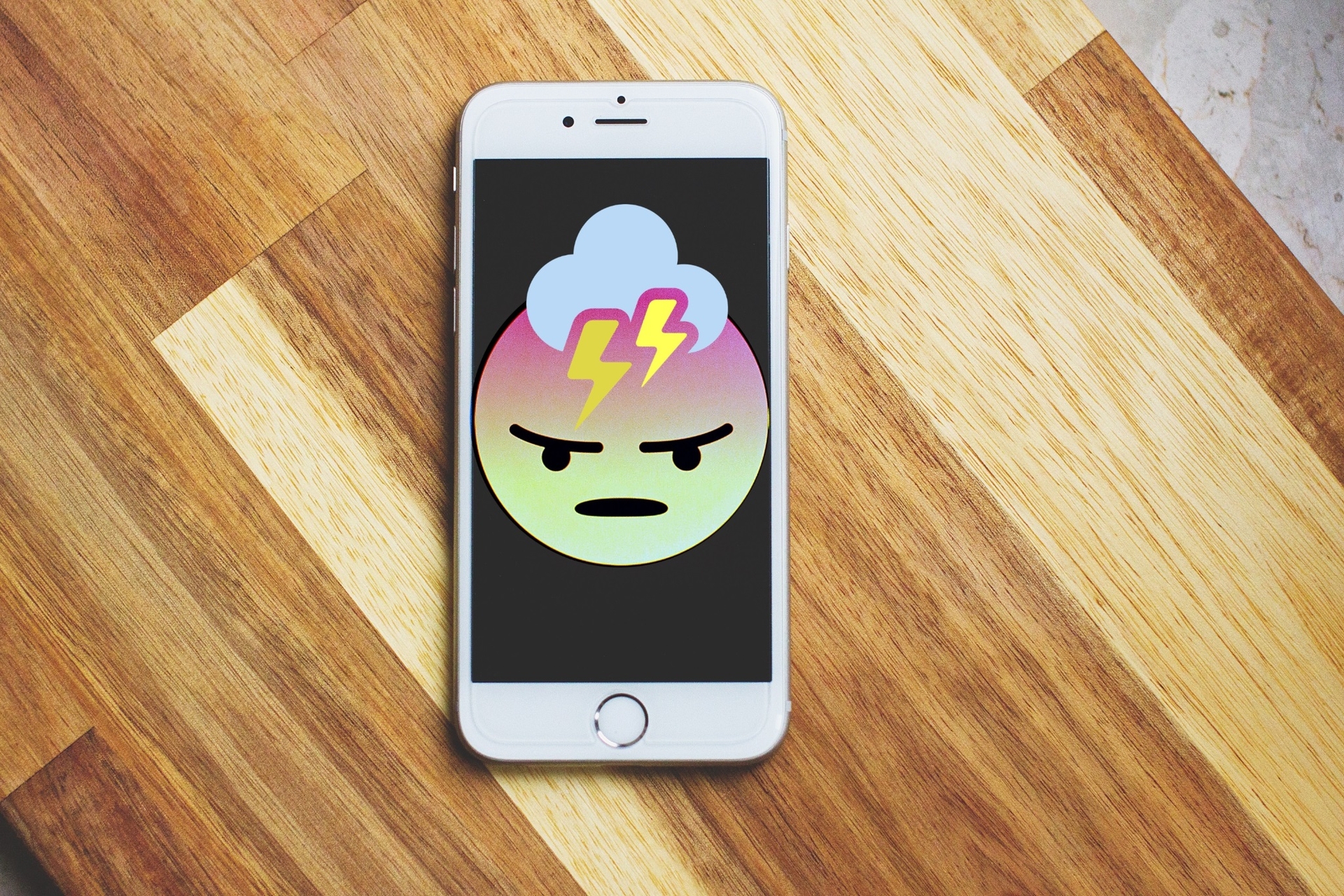Weather apps and location data in the news

For some reason, my news feeds have recently been filled with articles about Weather Apps and how many of them are selling our location data to the highest bidder. After reading a few, I started to look at my weather apps (yes, I have a few) in more detail.
Location data in the news
Location-based Weather apps are everywhere but lately, they’ve been in the news for the wrong reasons. Turns out, many App Developers are taking our location data, even if we say not to, and selling it to third parties. If we grab a “free” app, we should assume that most of the time the App Developer still wants to make money. How do they make bank? By selling the data they collect. Location data among it. So why do weather apps get stuck holding the headlines as they surely aren’t the only ones doing this (Facebook)? Well, a few reasons off the top of my head why weather apps are at the forefront:
- There are so many of them:
- Website 42Matters stats reveal iOS having 4,951 free weather apps listed for iOS (on 2019-01-07)
- Weather apps require the user to share location for them to work fully (might still work otherwise, but we tend to share our location for these apps)
- They are used daily, so lots of ongoing data gathering
- Weather apps are pretty easy to create
- Some smart people looked into this and yikes, it scary:
- New York Times: Weather Bug and Weather channel sending data directly to third parties
- The Wall Street Journal popular-weather-app-collects-too-much-user-data-security-experts-say
- Motherboard: Weather apps including The Weather Channel, Accuweather, and WeatherBug—have shown that they share your location data
Location, Location, Location
Location data - there used to be only a small niche working with this data - the GIS Geek. We would go to conferences and repeat one of our favourite truisms: “80% of all data is spatial”. Sure, we have a hard time proving where that stat came from, but if anything, in today’s world we are probably underestimating.
These days, no matter what you are doing with technology, there is a chance someone is getting the tracking data of where you are while doing it. Why not?! Location analytics has also come a long way with big data, AI, and demographic profiling tools at our fingertips. As someone who’s worked in GIS for many years, I’m not shocked this is happening, more shocked people now know more about my chosen profession.
Technology is Location Aware
With phones and watches having embedded GNSS chips, and in an always-connected world where we can even trace an IP address to a city block - location data is proliferating. Every site we sign-up with can get our IP address, and probably ask us for our home address or zip/postal. Companies see the value in this data and are finding more ways to collect and leverage it. This is no different than the old Nielsen ratings that started back in 1947. Companies have always wanted to know how they were doing and to know more about who their audience is since this can help sell ads and better understand the customer. The data itself is also worth a pretty penny. Combining location and usage data with census information and profiles - can give a very detailed picture.
How To Protect Yourself
To be honest, most people are probably somewhat aware this is happening but don’t care. Privacy seems like a thing of the past in the digital world. We may even trust some companies with our data. We also assume that the data is secure, and if shared/sold, we pretend they are secure too. Really?! In Canada, there is a federal privacy law (PIPEDA) setting rules for acquiring “meaningful consent” if a company wants to share your personal information. After reading a few Terms of Use, pretty sure some are even in violation of federal laws in their sharing of data with third parties. Especially if they track your location without permission (you can still block this using your os privacy settings).
Time and time again we hear about another database being hacked. That data we were comfortable sharing initially is now in the hands of the unknown. Still, some might not care (if it doesn’t include their favourite/only password). From a GIS perspective, just think about what you could do with this location data. Hopefully, criminals don’t have a GIS background, or they could do some pretty crazy stuff - beyond understanding their “potential customers” better. Perhaps even a choropleth map.
So think about the vast mountain of data you are sharing with apps and in what combination. Then put on your hacker/GIS hat and think about what you could do with a dataset of 500 million records (Marriott).
How To Protect Others
Education and implementation. We should remind ourselves and others that our data is ours, and has value - so worth guarding. Use a password manager or at least make sure to use unique passwords that aren’t easy to guess. Don’t use the same password for your email account (Gmail, etc) on any other website where you use the same email to register. Only share location data if you think it is worth it and adds value to your use of the app.
Most importantly, there are lots of great articles out there on how to secure your digital self. A good time to explore a few. Then delete some of the 4,951 weather apps from your devices.
Where do we go from here?
Maybe it’s time to try writing our own location-based weather app?! Hmmm, stay tuned…
If you found my writing entertaining or useful and want to say thanks, you can always buy me a coffee.

